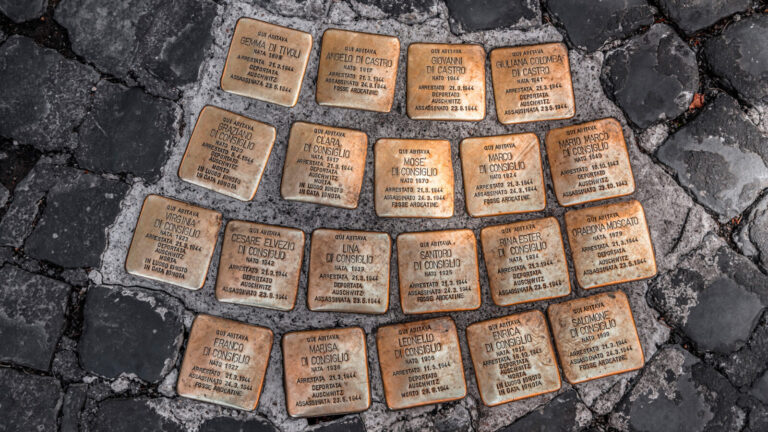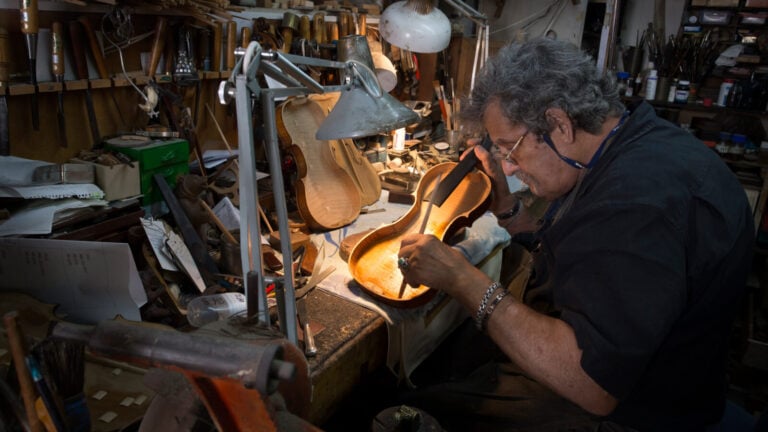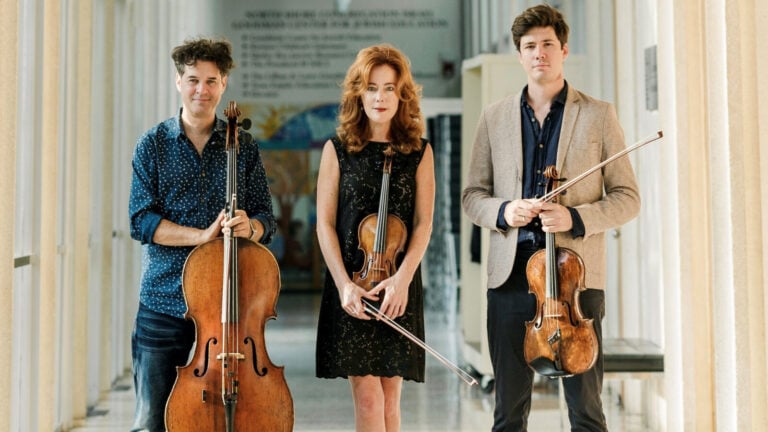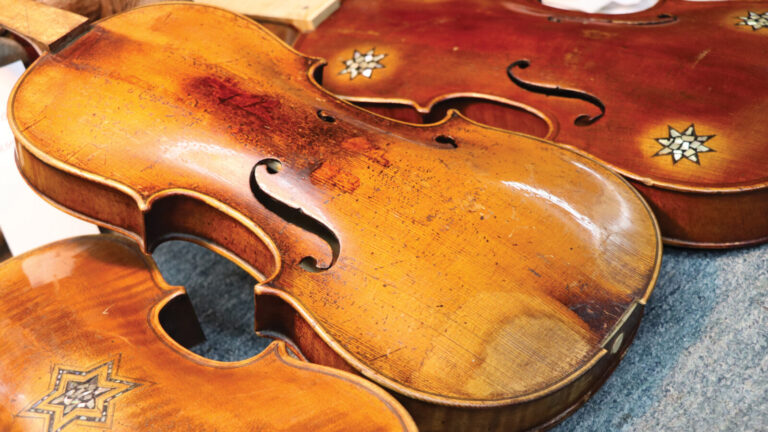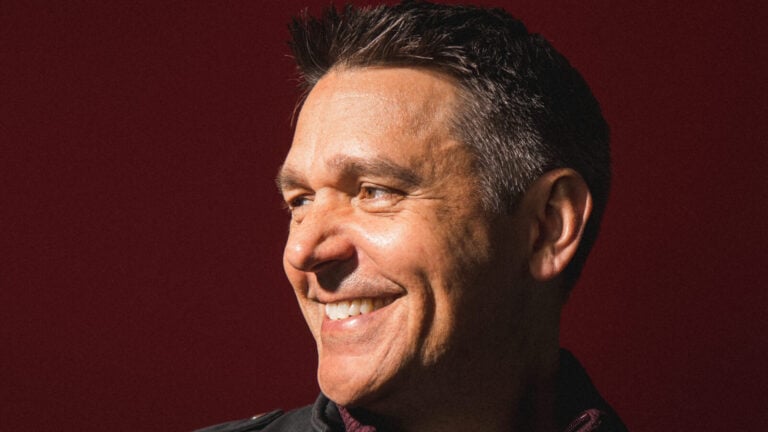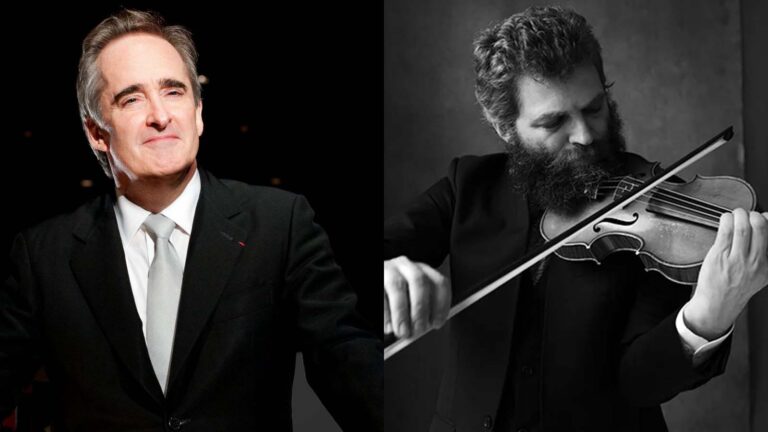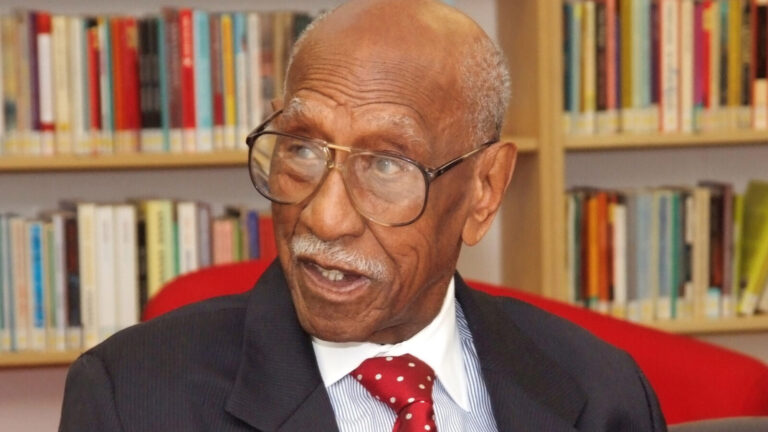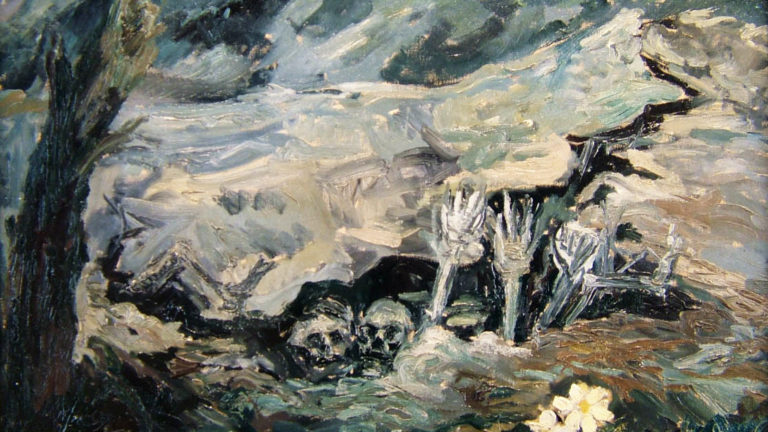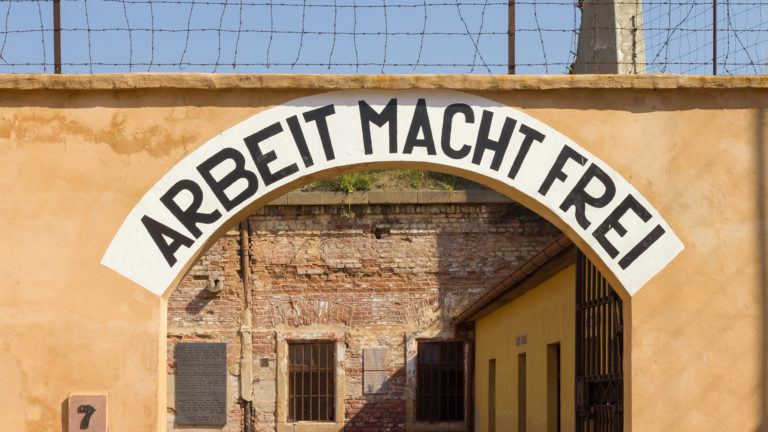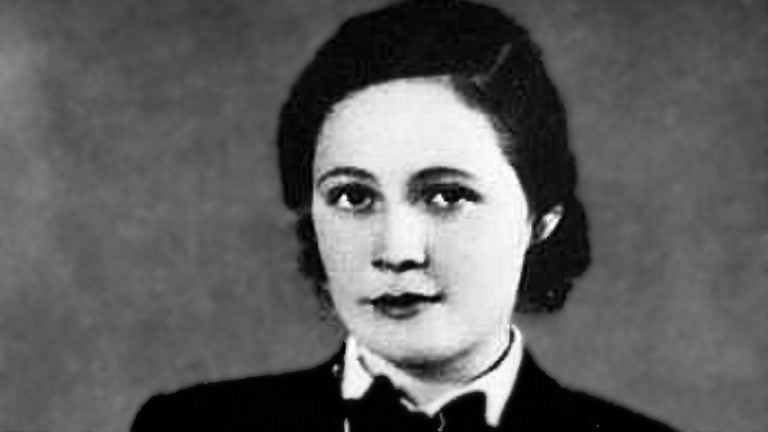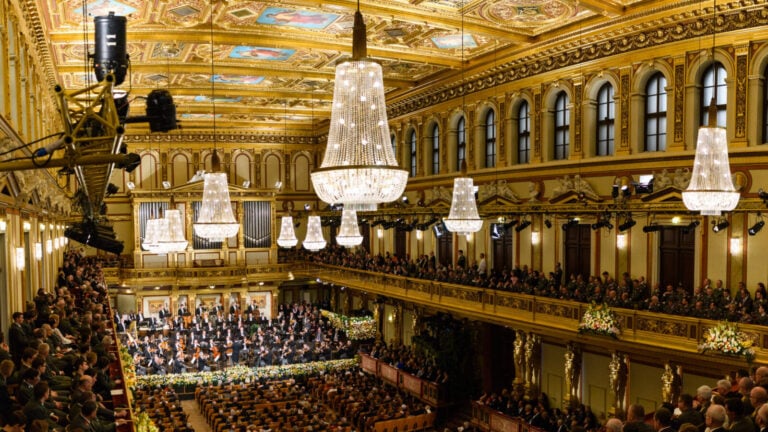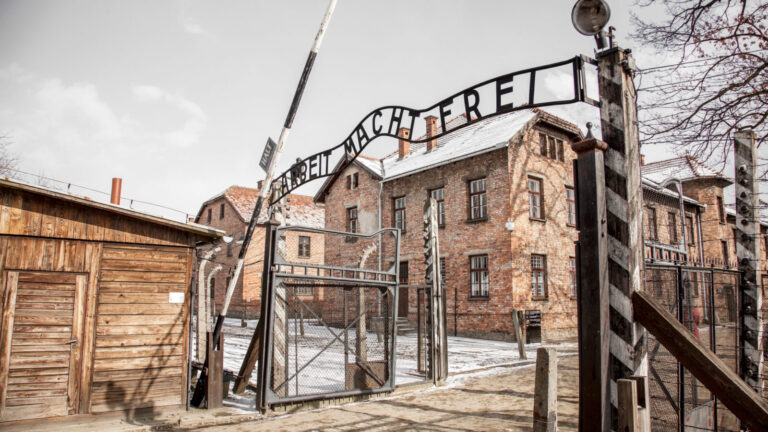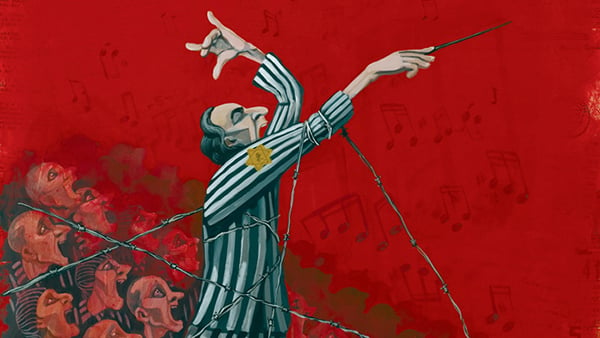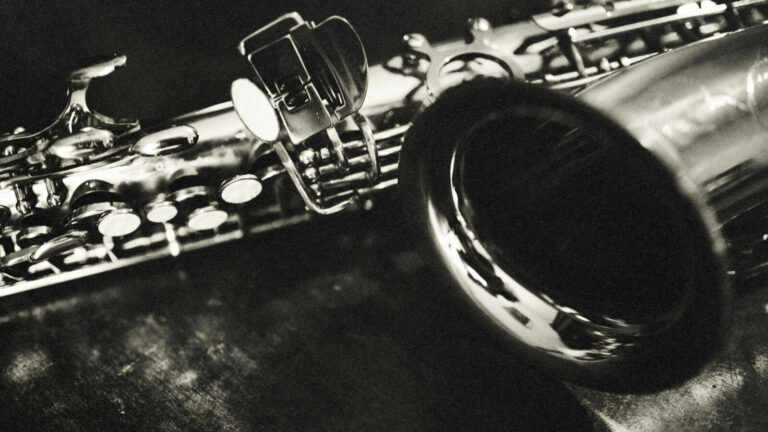Home | World War II
Italy marks 80th anniversary of WWII-era massacre in Rome with a concert honoring the dead
Riccardo Muti conducted the Italian premiere of William Schuman’s Ninth Symphony, which the composer wrote after visiting the site of a 1944 massacre in Rome.
Violins of Hope Luthier Amnon Weinstein Has Died, Aged 84
The respected Israeli luthier is best known for creating the Violins of Hope project, which restores and tours instruments — particularly violins — of Holocaust victims and survivors.
Black Oak Ensemble: Silenced Voices
A string trio boasting three of Chicago’s most enterprising and dynamic chamber musicians casts light on composers affected by the Holocaust.
Instruments of Memory: Violins Honor Holocaust Survivors, Victims, and Stories
“Music can maintain community and uphold humanity, even in the darkest of times.”
50 Years of COT: Anniversary Season Boasts Shostakovich, Heggie, Premieres, and More
Three mainstage operas, three additional special events, and all six titles are Chicago premieres.
Video: James Conlon & Johnny Gandelsman Reflect on Music of the Holocaust
WFMT interviews conductor James Conlon, a tireless advocate for composers silenced by the Nazi regime, and musician Johnny Gandelsman, who produced the soundtrack to ‘The US and the Holocaust.’
Playlist: 11 Lithuanian Composers You Should Know
During and following periods of suppression and foreign occupation, many composers have made it their duty to preserve and strengthen a Lithuanian national identity.
From 2013: Legendary Chicagoan Timuel Black Reflects on Studs Terkel
Timuel Black, who died on October 13, 2021 at age 102, lived a truly extraordinary life. Hear an excerpt of a 2013 WFMT interview with the influential historian, activist, veteran, and teacher.
Long lost WWII-era Soviet songs brought to life in Israel
In its first performance in Israel, a Grammy-nominated concert had arrived to play the lost songs of lost Jews in a nearly lost language.
Behind Terezín’s Walls, the Sounds of Resistance
During the Third Reich, Nazis converted Terezín, a former military fortress 40 miles northwest of Prague, into a concentration camp. Aided by a large influx of Czech creatives and intellectuals, Terezín became the crucible for some of the most pointed art about the Holocaust. The musical life of the camp, in particular, was astonishingly rich — and often covert.
Playlist: Remembering Composers Suppressed By the Third Reich
James Conlon’s OREL Foundation documents scores of composers whose lives were taken—directly or indirectly—or otherwise irrevocably altered by the Nazis. Here are four who persisted, creating art in the face of peril.
André Previn, Oscar-winning composer, has died at 89
Previn was a child prodigy whose family fled Nazi Germany. As a teenager, he found work as a composer and arranger in Hollywood, mostly at MGM, winning four Oscars for his orchestrations of such stylish musicals as 1964’s “My Fair Lady.”
Playlist: A Toast To Vienna, the City of Classical Music
There may be one city in the world that can be considered the capital of New Year’s celebrations and music, and that is Vienna, Austria. We asked several classical artists to share why they love living in this venerable European city.
Auschwitz museum gets Nazi death camp conductor’s baton
The Auschwitz museum has obtained a new relic from the death camp that Nazi Germany operated during World War II: the baton of the inmate orchestra’s conductor.
Hitler offered to make this Jewish composer an “honorary Aryan.” Instead, he immigrated to the U.S. through Mexico.
One of the most popular operettas of all time, The Csárdás Princess, was composed by Hungarian Emmerich Kálmán. Discover his incredible story escaping Nazi persecution by coming to the United States through Mexico.
Defiant Requiem Honors Holocaust Victims, Reminds Us: “The Arts Are Critically Important”
“What the Jews did at Terezín was reach for the best of mankind to help them endure the worst of mankind. This is what the arts can do. This is what the arts do do,” says conductor Murry Sidlin
Composer Exploration: Jacques Ibert
When young Jacques finished grade school, he found a job in a movie house, playing piano for silent films.

